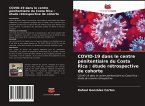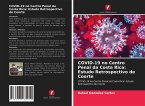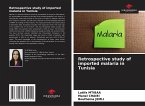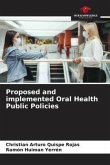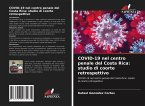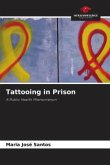Introduction.Since December 2019, severe acute respiratory syndrome coronavirus 2 (SARSCoV-2) has spread rapidly around the world and unprecedented measures were implemented in many countries to mitigate its severe impacts, the population of people deprived of liberty are no exception.Materials and Methods.A retrospective, longitudinal, cohort study was carried out for 385 days. The Null Hypothesis (H0) = if the entire population deprived of liberty at that time were tested, 66.6% would be positive for SARS-CoV-2.Results.The massive and timely testing allowed us to obtain a sample with a 95% CI and a margin of error of 3% (218.2-229.8). Where 61.1% were confirmed, which was similar to the initial proposal in the Null Hypothesis.Discussion.To implement a timely response for incarcerated populations, three levels of preparedness must be addressed: entry of the virus into prison settings must be delayed as long as possible; if it is already circulating, it must be controlled; and prisons must be prepared to cope with a large disease burden.
Bitte wählen Sie Ihr Anliegen aus.
Rechnungen
Retourenschein anfordern
Bestellstatus
Storno


